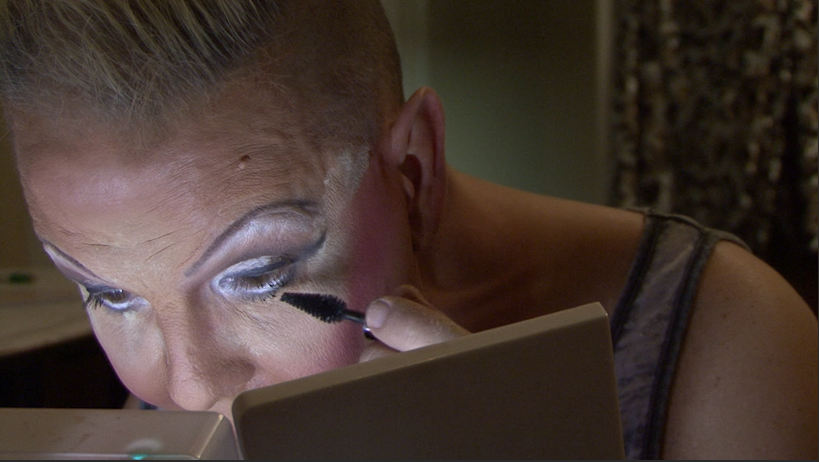Several UA students will see their work on the big screen tonight when the Bama Theatre screens documentaries made by students enrolled in the course, “Documenting Justice.”
Documenting Justice began nine years ago as a two-semester documentary filmmaking course made available to all majors. Professor Andrew Grace has been directing the course for eight years, along with Rachel Morgan.
Students in Documenting Justice study documentary film theory, history and criticism and are also introduced to film production, as many of the students in the 12-person course are non-film majors. Along with the technical aspects of filmmaking, Grace discusses issues of how to ethically present nonfiction stories.
“What’s the responsibility of the filmmaker when he or she takes a camera into a community? How do we navigate our responsibility to our subjects? That is what documentary filmmakers have been struggling with forever,” Grace said.
Judah Martin, a senior majoring in journalism, partnered with classmate Mary Gibler to create a documentary on the MOWA Choctaw Native Americans located in the Washington and Mobile counties in southern Alabama. The documentary highlights issues of identity and culture in a community whose history has often been invalidated – a topic Martin and Gibler have been grappling with since their pitch during the fall semester.
According to Martin, though editing is difficult, it is not the hardest challenge he and his partner have faced.
“The most challenging part is seeing past your own preconceptions and what you think you’re going to get, and then learning to work with what you do get,” Martin said.
Maria Beddingfield, a junior majoring in French and journalism, worked with Shaelyn Smith to make a documentary about Kevin Thomas, who performs in drag under the name Bambi Kira at Icon in Tuscaloosa.
“Part of making a documentary is finding stories that need to be told and don’t often get told,” Beddingfield said. “[Thomas] is 52 years old, has lived in the South his entire life and has been doing drag for 25 years. If that’s not a story, I don’t know what is.”
Beddingfield said she found the most challenging part of the process to be dealing with the power and the privilege of telling the stories of real people.
“It’s much different from fiction,” Beddingfield said. “You’re molding a narrative, but you’re not creating a story. You’re just reshaping and more succinctly telling someone’s story.”
Grace said three of the documentaries from this year’s Documenting Justice group deal with historic memory and Southern identity, which he attributes to the national conversation about race and the legacy of longstanding racial injustices.
“Students are frustrated by the habits of judgment that are predominate in Alabama politics, and they’re finding creative ways to talk about why we are so entrenched in old ways of thinking,” Grace said.
Documenting Justice will celebrate its 10-year anniversary next year. This year’s group of student documentaries will be shown at the Bama Theatre Tuesday at 7 p.m. It is suggested to arrive early because the theater is usually packed out for the annual screening.









